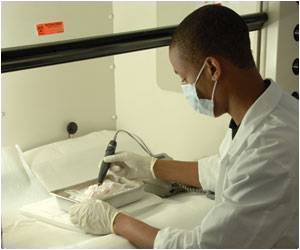
"It's like having an all-you-can-eat buffet, and is that a good thing?" said Dr. Noralane Lindor, an oncologist and geneticist from Mayo Clinic Center for Individualized Medicine and an ASCO Prevention Committee member. Lindor was one of several authors of the guidelines issued on Monday by ASCO and published in the Journal of Clinical Oncology.
The new guidelines also take on the area of multi-gene panel testing for cancer susceptibility, such as genes linked to breast cancer. The tests, produced by Myriad Genetics Inc, Ambry Genetics, Invitae Corp and Illumina Inc and others, cover roughly 25 to 40 genes suspected of contributing to breast cancer risk. They have become increasingly popular since June 2013, when the U.S. Supreme Court invalidated patents held by Myriad on BRCA1 and BRCA2, two well-characterized genes that increase the risk for breast, ovarian and other cancers. "There are some genes on these panels that we know almost nothing about," Lindor said.
ASCO also recommends additional training in genetics for cancer doctors and other health professionals ordering cancer risk tests. In addition, the group wants insurers to establish coverage policies that support genetic testing services to assess inherited cancer risks. Currently, such coverage is uneven, Lindor said, with Medicare, Medicaid and some private insurers putting up barriers to patients receiving testing and counseling services.
Source-Medindia













